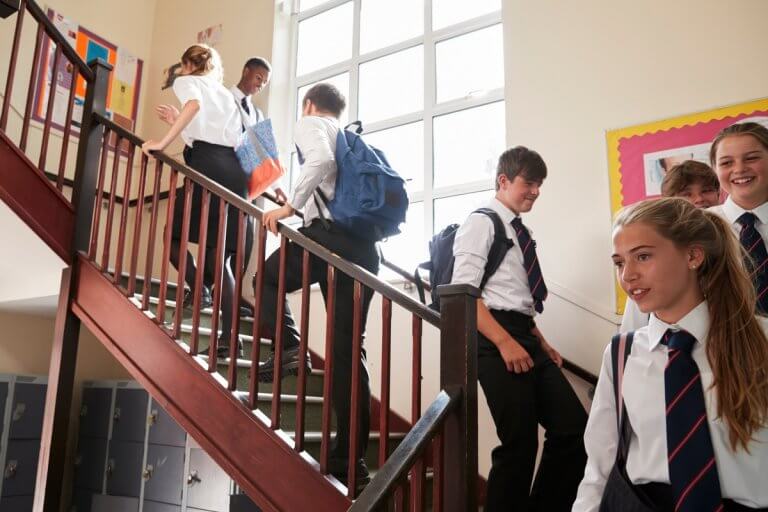
The debate over the benefits of grammar schools has long polarised many, but research suggests that disadvantaged students could benefit from these schools.
Findings from the UK’s Higher Education Policy Institute’s (HEPI) report titled The Impact of Selective Secondary Education on Progression to Higher Education suggests grammar schools improve the likelihood of students from the bottom two quintiles of social disadvantage, as well as for black and minority ethnic (BME) pupils to progress into highly-selective universities.
Its author, Iain Mansfeld, a former senior civil servant, noted that 45 percent of pupils across the 163 grammar schools in England come from households with a below median income. This suggests grammar schools are more diverse than traditionally perceived.
“Grammar schools significantly increase the chances of disadvantaged students reaching highly-selective universities”. Fascinating new @HEPI_news paper, challenging established orthodoxy on selection and social mobility https://t.co/wuLo6kG592
— Dirk Van Damme (@VanDammeEDU) January 10, 2019
Meanwhile, 39 percent of pupils in selective school areas progress from state schools to highly-selective universities, compared to just 23 percent in comprehensive areas.
Other findings state that a state school pupil from the most disadvantaged quintile is more than twice as likely to progress to Oxbridge if they live in a selective area than a non-selective area; and a BME state school pupil is more than five times as likely to progress to Oxbridge if they live in a selective area over a non-selective area.
Previous research shows grammar schools send more than 30 percent more BME students to Cambridge than all 1,849 non-selective schools combined, thus providing disadvantaged pupils “a ladder of opportunity”.
Highly-selective universities are strongly associated with progression to highly-skilled employment, higher earnings and access to the highest level of professional opportunities.
“With 45 percent of grammar school pupils coming from households with below median income, grammar schools therefore play a significant role in supporting social mobility, providing children from the lower half of the income spectrum with similar access to highly-selective higher education that is otherwise only achieved by the independent sector,” said the report.
“This paper shows polls consistently prove public opinion supports the expansion of grammar schools. This is at odds with the consensus among educational experts.
“While grammar schools offer a number of trade-offs, it appears likely that this homogeneity of opinion may have resulted in a degree of unconscious bias driving the research agenda.”
Does education studies need to rethink its stance on grammar schools? New @HEPI_news study by @IGMansfield suggests their impact on social mobility & university access has been consistently downplayed over the years https://t.co/vlRyKmblwc
— Jack Grove (@jgro_the) January 10, 2019
The report made several suggestions, including calling on the government to consider expanding the Selective School Expansion Fund to establish grammar school branch sites in disadvantaged areas where this is supported by the Local Authority in that area.
It also calls for the Department for Education to commission research to assess the impact of grammar schools on the social mobility of pupils from below median-income households.
Mansfield added that “Opponents of grammar schools portray them as just for the rich, but 45 percent of their pupils come from below median income households. So the claim they’re for the rich simply isn’t true.
“A narrow focus on eligibility for Free School Meals has ignored many other measures of disadvantage, including ethnicity, parental education and broader income disparities,” he noted.
Last month, the government announced that 16 grammar schools in England would receive a share of £50m to create additional places for pupils, a move that has sparked widespread criticism, with critics arguing that state schools are short on funds.
Liked this? Then you’ll love…
Most schools in England are flouting the Baker clause, says study
Disruptive behaviour negatively impacts teacher recruitment and retention, survey says







